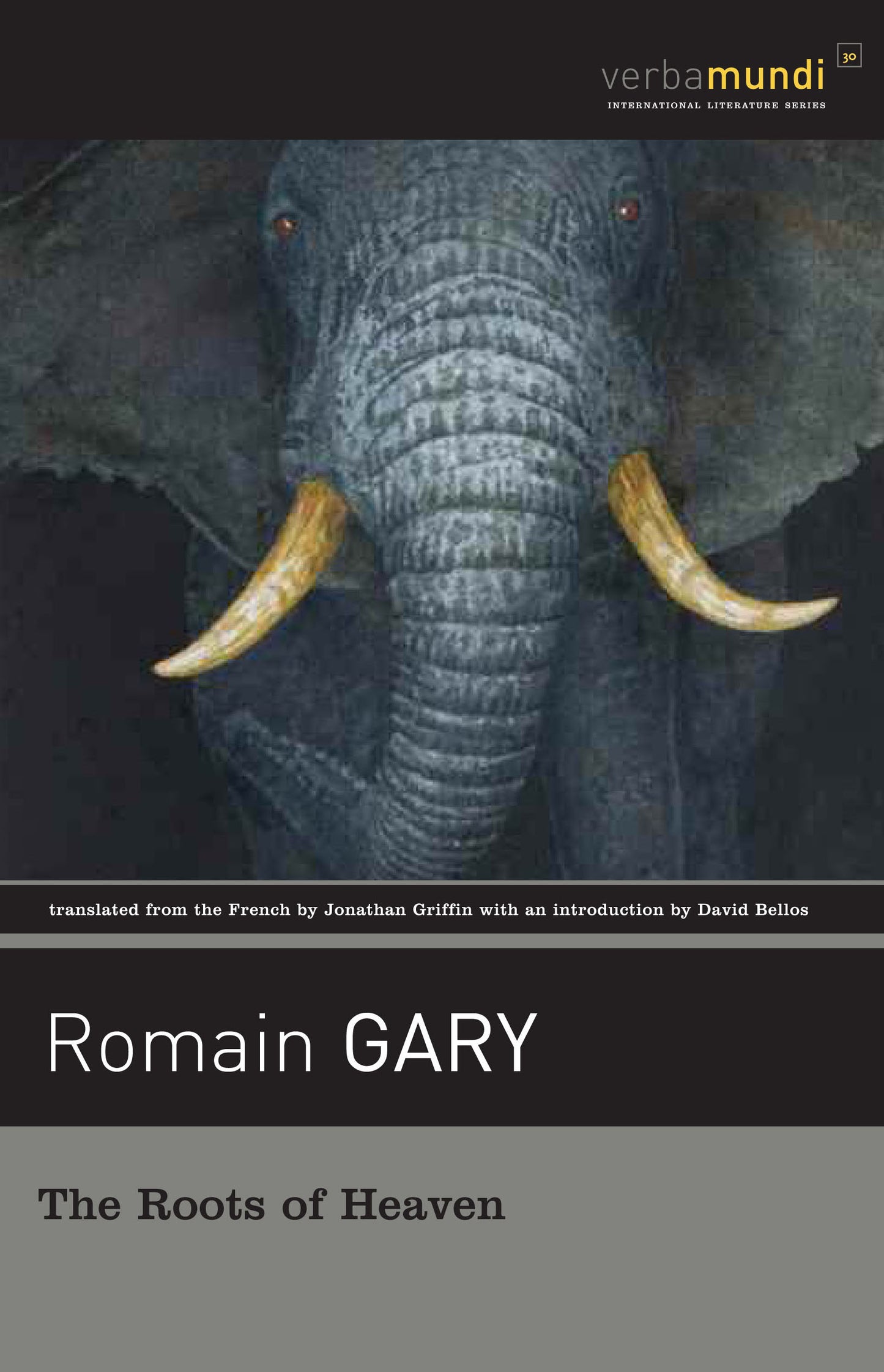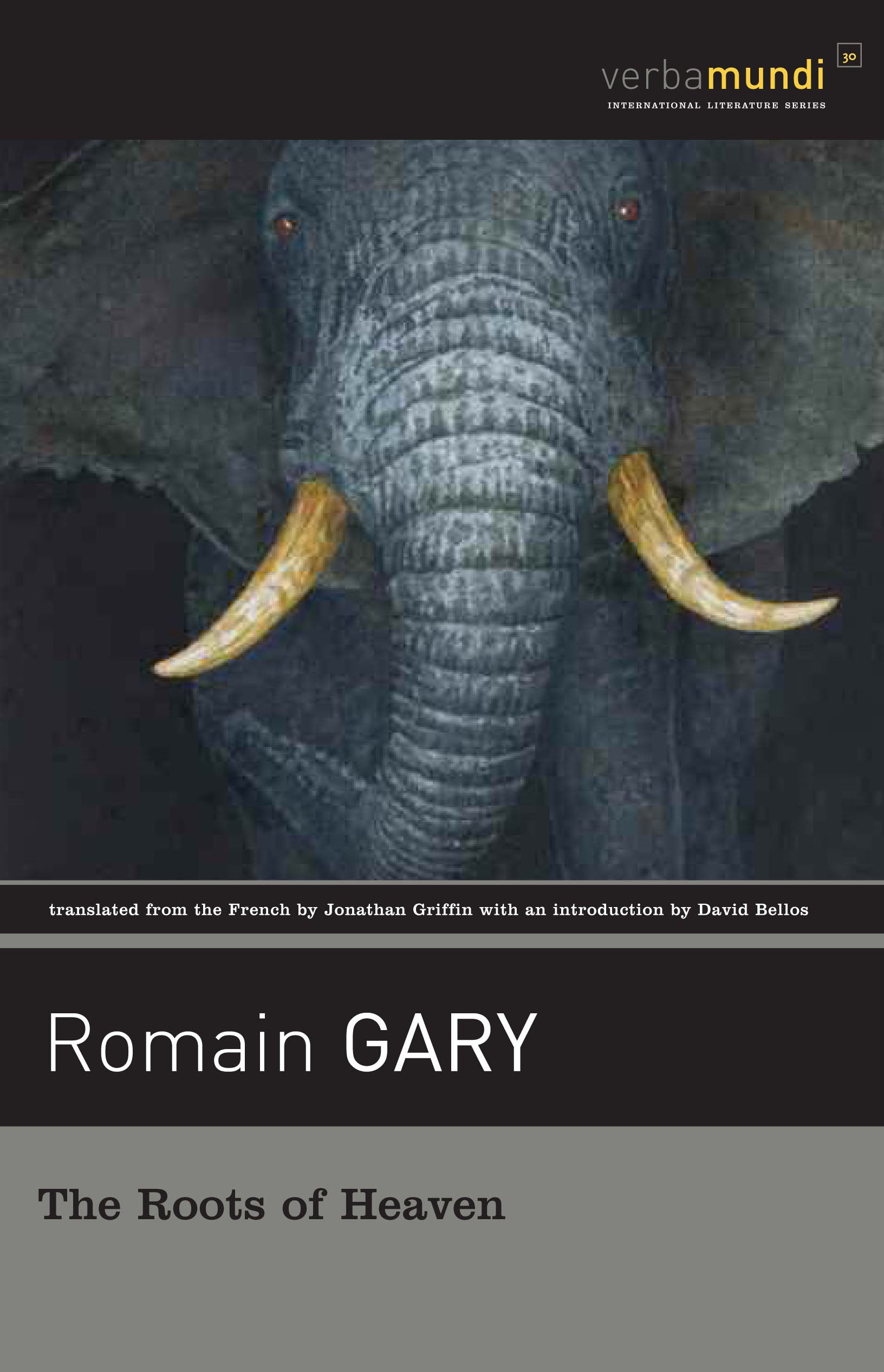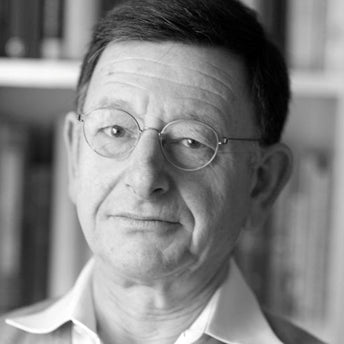
Available again with a new introduction by David Bellos, the distinguished translator of Georges Perec and biographer of Romain Gary, The Roots of Heaven takes as its subject the deliberate and relentless hunting and killing of elephants for their ivory. Morel, a former dentist whose survival in a Nazi concentration camp he attributes to his fixation on the freedom and companionability of elephants, travels to Africa intent on stopping the slaughter. He circulates a petition demanding their killing be made illegal. It attracts two signers: a disgraced American from the Korean War and a call girl described as “just another animal who needed protection.” From here things get really interesting—politically, socially and culturally. Morel realizes that action is necessary; a notorious elephant hunter is shot in the buttocks, while a female trophy hunter is stripped naked and publicly whipped. “You never teach a man anything by killing him,” he observes, “On the contrary you make him forget everything.” He gains a following—some drawn by his cause, some by political expediency, some by a need to believe in something, anything, bigger than themselves. He is chased and cornered at Lake Kuru, where a vast assemblage of elephants has converged to drink, and where this novel concludes in a brilliant and memorable climax.
In 1956 this book exploded into the world. A huge bestseller in France, it won the country’s most prestigious award, the Prix Goncourt. In the U.S. it was an immediate bestseller, and the basis of a spectacular movie. Why? Gary was hardly a household name. French novels were rarely a popular success. But the subject and the characters he depicted were vivid and unforgettable.
Praise for The Roots of Heaven
The immensity, the loneliness of the further reachers of French Africa is an impressively suggestive backdrop for the [campaign] which is launched by a stray idealist...A curious and curiously convincing drama...a thoughtful and forceful piece of work. —Kirkus Review
...the first identifiably ecological novel in the literature of France, and perhaps the world. —David Bellos



